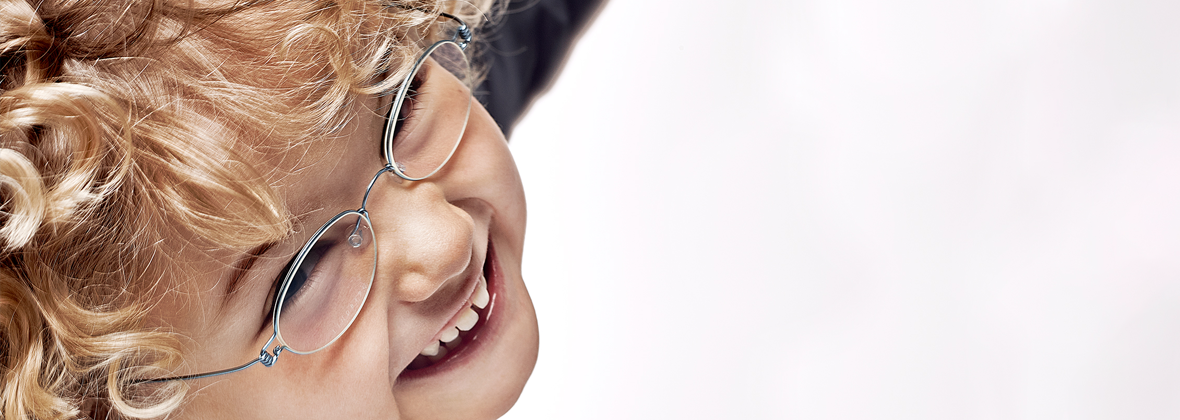
Children’s Eyecare
Having regular eye examinations for your child enables us to monitor the progression of children’s vision and eye health to ensure that any visual problems can be detected and treated at the earliest stage.
Does Your Child Need an Eye Examination?
Children rarely complain about their sight, but often show in their behaviour that there may be a problem with their vision. This can include sitting too close to the TV, rubbing their eyes a lot, holding objects very close to the face, blinking a lot or one eye turning either in or out.
The earlier any problems are picked up, the better the outcome. If you have any concerns about your child's eyes, or if there is a history of squint or lazy eye in the family, it is important that you do not wait for the vision screening at school. Visual problems are not limited to a prescription; it is also important to have your child’s eyes tested in order to gain a thorough view of the health of their eyes, as often a systemic health problem can also present in the eyes.
-

Children's Eye Examinations
Children’s eye examinations are not just an assessment of how well they can see, our children’s eye examinations performed by a specialist paediatric optometrist will ensure both your child’s vision and eye health are taken care of… even if they don’t need glasses!
-

Visual Stress & Reading Assessment
Have you noticed your child reading slowly or hesitantly, struggling with school work or experiencing headaches or sore eyes? These are common symptoms of Visual Stress. If your child is suspected of having Dyslexia or is diagnosed dyslexic, a Visual Stress & Reading assessment may help relieve visual symptoms to improve vision and comfort.
-

Myopia Control
With children spending less time outside and more time reading and using digital screens, myopia or short-sightedness is a growing concern. Our specialist clinicians can use several methods to slow down the progression of myopia in children, including overnight contact lenses (Ortho-K), specially designed daily disposable contact lenses or even specialist spectacle lenses.
-

Contact Lenses For Children
Contact lenses for children are a great alternative to glasses and there is no minimum age at which children can start wearing contact lenses. For many sports and activities wearing contact lenses is safer than wearing glasses. With the advance in lens technology and the availability of disposable lenses, it is perfectly safe for children to wear contact lenses.
-

Lazy Eye & Squints
Our specialist optometrists utilise the gold standards in investigative techniques to allow diagnosis, and management of ‘squints’ or ‘lazy eyes’ at the earliest stage, ensuring the best possible visual outcomes.
